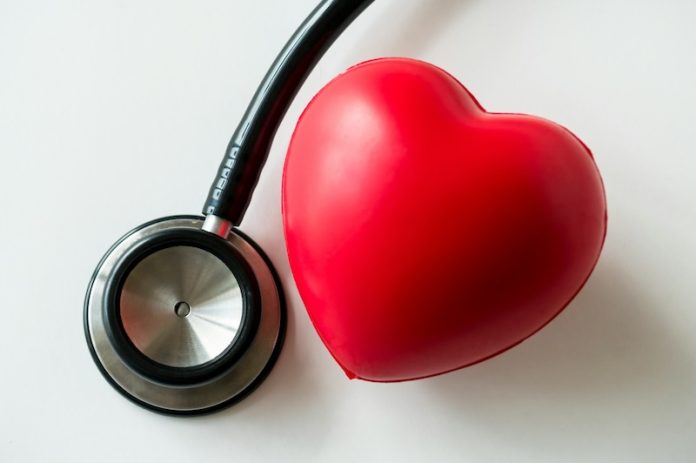
A recent study from the University of Bologna has revealed that women taking beta-blockers, a common drug for managing high blood pressure, may be at higher risk of heart failure compared to men.
This new research brings attention to the potential dangers women face when using these medications, even if they have never had heart disease before.
Beta-blockers are widely prescribed to treat high blood pressure, which is a major cause of heart problems. They work by slowing down the heart and reducing blood pressure, making them an important tool for preventing heart attacks and strokes.
However, this study suggests that the effect of beta-blockers may not be the same for everyone, especially when it comes to gender differences.
The research team, led by Professor Raffaele Bugiardini, analyzed data from over 13,000 people across 12 European countries. All the participants had high blood pressure but no prior history of heart disease.
They were grouped based on gender and whether or not they were taking beta-blockers.
The results showed a concerning trend: women taking beta-blockers had a nearly 5% higher chance of developing heart failure when they were hospitalized for a serious heart problem called acute coronary syndrome.
This condition happens when the heart suddenly gets less blood, often leading to severe complications.
One particularly troubling finding was that women who suffered from a severe type of heart attack, known as STEMI (ST-segment elevation myocardial infarction), had a 6% higher chance of developing heart failure compared to men.
In STEMI, one of the main arteries to the heart becomes completely blocked, which can lead to significant damage.
Women were at greater risk of heart failure if they were using beta-blockers during this type of event. On the other hand, men and women who were not on beta-blockers had similar risks of heart failure.
The study suggests that women may need special attention when it comes to treating high blood pressure with beta-blockers, especially if they haven’t previously been diagnosed with heart disease.
One possible explanation for this increased risk is that hormone replacement therapy, which some women use during menopause, could interact with beta-blockers in a harmful way. However, more research is needed to confirm this idea.
This study raises important questions about how medications like beta-blockers are prescribed. Traditionally, medications are often given to people without much consideration of how men and women might respond differently.
But as this research shows, it’s crucial to think about these differences, particularly when it comes to serious conditions like heart disease.
For women with high blood pressure, these findings highlight the importance of keeping a close eye on their health. Doctors may need to rethink how they treat female patients, considering options beyond medication, such as lifestyle changes like diet and exercise.
These non-drug approaches can play a big role in managing high blood pressure and reducing the risk of heart problems.
This study also adds to a growing body of evidence that medical treatments need to be more personalized. Women’s bodies often react differently to certain medications compared to men’s, and this can lead to unintended side effects.
In this case, the increased risk of heart failure for women on beta-blockers calls for better-tailored healthcare that takes gender into account.
Overall, the research underscores the need for doctors to carefully evaluate treatment options for women with high blood pressure, especially when prescribing beta-blockers.
Women should talk with their healthcare providers about their specific risks and explore different strategies to manage their blood pressure safely.
This study, published in the journal Hypertension, brings to light the hidden risks of a common medication and emphasizes the importance of personalized care in keeping women heart-healthy.
If you care about nutrition, please read studies about a breakfast linked to better blood vessel health, and drinking too much coffee could harm people with high blood pressure.
For more information about health, please see recent studies about unhealthy habits that may increase high blood pressure risk, and results showing plant-based protein foods may help reverse diabetes.
Copyright © 2024 Knowridge Science Report. All rights reserved.



